ILUSC: Featured Research on Land Use
This page provides a selection of recent and ongoing research projects that are building understanding of land use and landscape management. Please click on the projects to find out more.
Understanding the capabilities & possibilities of land in a changing climate
Land Use for Net Zero, Nature and People (LUNZ Hub)
Land Use for Net Zero, Nature and People (LUNZ), led by the James Hutton Institute and the University of Leicester, is a UK-wide, cross-sector initiative providing evidence-based insights to support policymakers, industry, and communities in achieving sustainable, net-zero land use by 2050.
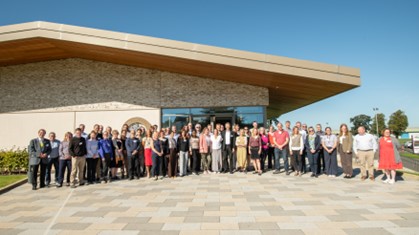
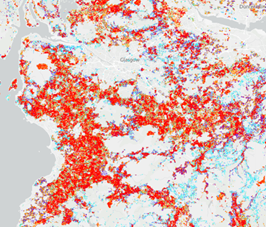
Land Use Transformations
The purpose of this project is to generate new insights for how land use in Scotland needs to change to meet climate change mitigation, adaptation, and other environmental objectives.
NERC MOTHERSHIP
MOTHERSHIP is a £3.7 mi NERC Large Grant (2022-2027) that is delivered via a consortium effort by the James Hutton Institute, UK Centre for Hydrology & Ecology and the universities of Nottingham, Leeds, Exeter and Highlands and Islands. Together with >25 project partners, the project seeks to analyse and predict how UK and European peatlands will behave under climate change and current land use, and what strategies should be taken to help deliver net zero ambitions.
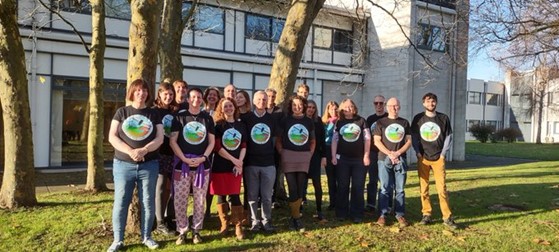
Climate-positive farming systems
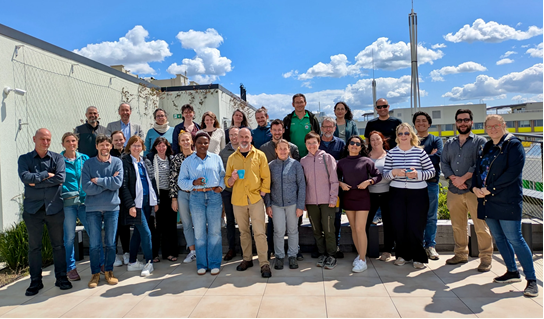
Farmer clusters for Realising Agrobiodiversity Management across Ecosystems
The EU H2020 Framework project aims to enhance how agrobiodiversity is valued within our food system – promoting collaborative agrobiodiversity management across diverse ecosystems and landscape stakeholder groups. Its Farmer Clusters serve as living labs for life and social science research as well as citizen engagement initiatives.
Glensaugh Climate-positive Farming Initiative
Our research farm at Glensaugh, Aberdeenshire is at the centre of ground-breaking work to help make agriculture more sustainable and environmentally-friendly, reducing greenhouse gas emissions, supporting biodiversity and helping farms become self-sufficient in renewable energy.
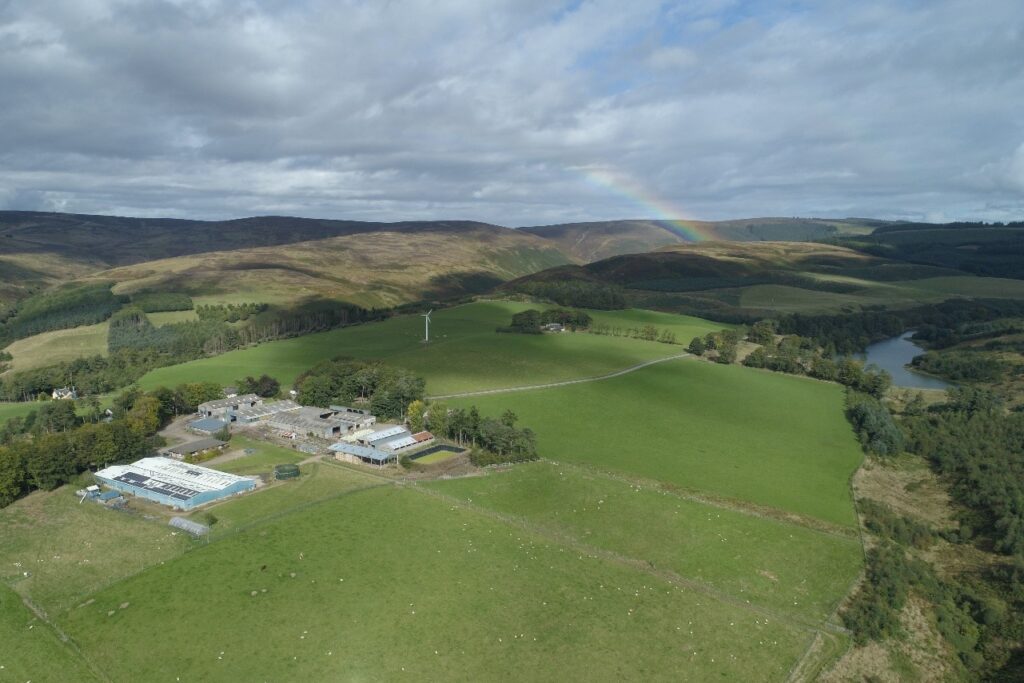
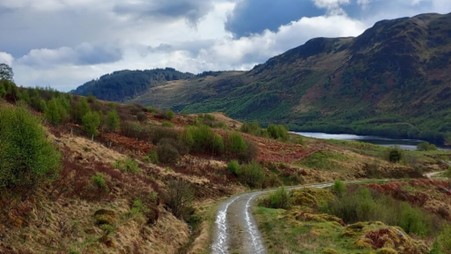
Glen Finglas studies of grazing impact
We are seeking to understand the implications of changing grazing management on the biodiversity of the uplands using the long-term, large-scale grazing experiment at Glen Finglas.
Supporting restoration of resilient multifunctional landscapes/forests and peatlands
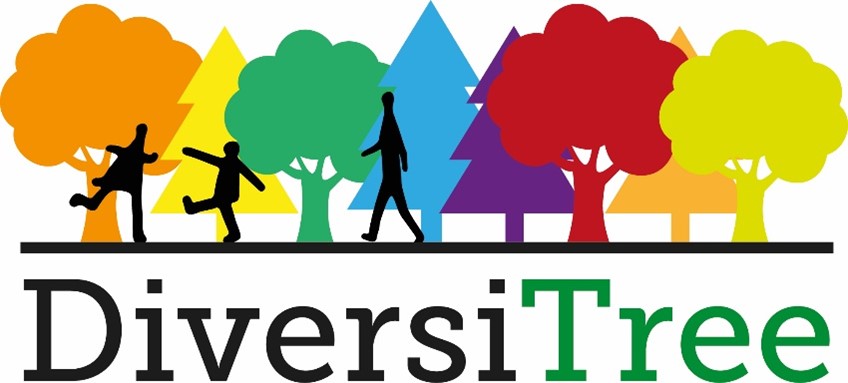
DiversiTree
DiversiTree aims to increase the resilience of current and future woodlands by working across a range of scales, from microbes to minds to understand the methods and impacts of diversifying tree species composition.
SEFARI CentrePeat
CentrePeat is a £3.1million project funded via the 2022-2027 umbrella of the RESAS Strategic Research Programme. It provides some of the funding for the SCO2FLUX network of sites that provide monitoring data on the greenhouse gas emissions and hydrological status from long-term peatland experimental stations. These are contributing to improvements in our understanding of the net emissions burden and mitigation potential of Scottish peatlands.
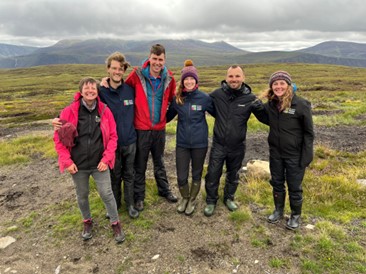

Paluwise
PaluWise project funded by Horizon Europe(2025-2030) that is driving the development of advanced solutions for the productive use of rewetted degraded peatlands. Through four large-scale sites across Europe, we are showcasing best practices in paludiculture, demonstrating how to convert degraded organic soils into thriving, sustainable ecosystems. JHI leads Work Package 1, which aims to define rewettability in a paludiculture context. The project includes 18 partners from academic, business and land management organisations and has strong links to other HE projects.
Wet Horizons
WetHorizons aims to improve wetland knowledge and developing tools to enhance protection and restoration of Europe’s wetlands. The project, funded by Horizon Europe, improves on the current data available from pristine, drained, and rewetted peatlands, floodplains, and coastal wetlands, models the effects of typical restoration measures under variable conditions. It also analyses the potential socioeconomic impacts, finally delivering guidelines and best management practices. WetHorizons involves 14 partner organisations and has strong links with various HE “sister” projects.
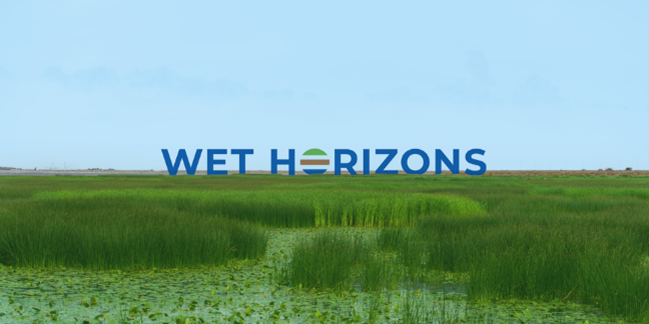
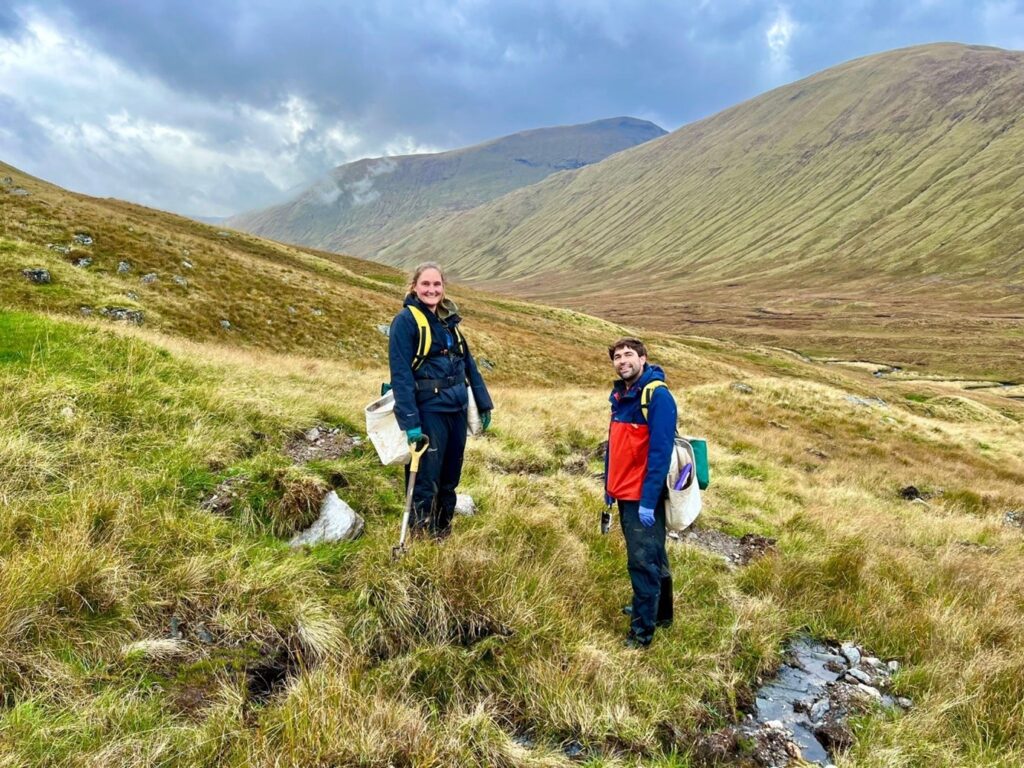
Biodiversity and conservation research at Glen Lochay
As part of the Ripa Gar – Hutton Glen Lochay Biodiversity partnership, the JHI co-design and undertake research on a Scottish estate to address questions concerning land management, biodiversity conservation and ecosystem resilience
Understanding social and environmental Justice issues
Socio-economic impacts of ‘green’ land investment in rural Scotland
This project aimed to understand more about the lived experiences of the rural communities who live and/or work near to landholdings with some form of ‘green’ land investment.
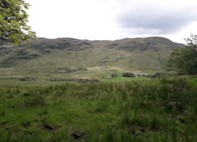
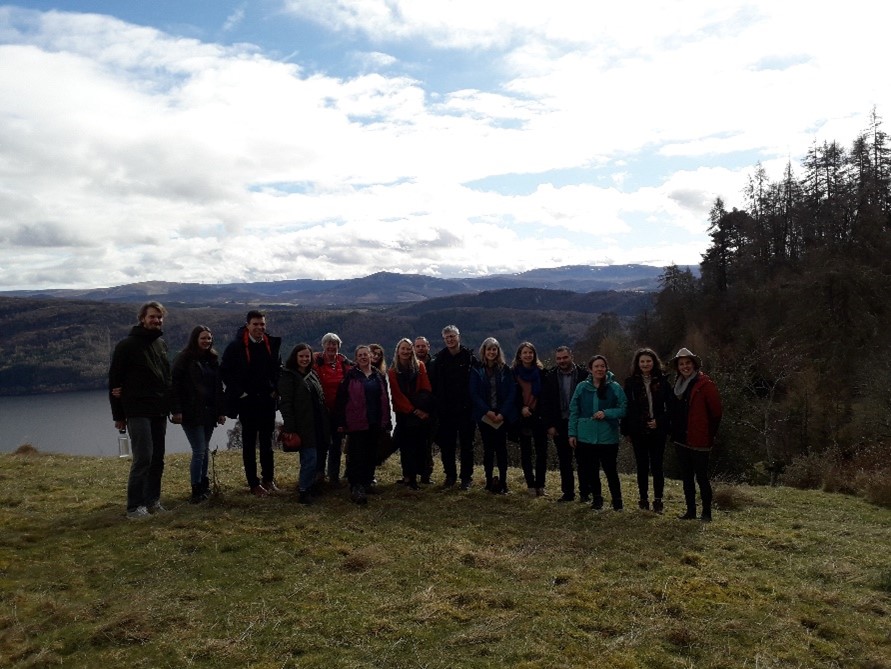
Scotland’s Land Reform Futures
This project aims to provide new knowledge to inform Scottish Government policy development regarding land reform, community land ownership and engagement in land use decision-making, as well as increasing understanding of the role of land ownership and land reform in achieving net zero emissions and reversing biodiversity decline in Scotland.
Scotland’s Rural and Island Futures
The Scotland’s Rural and Island Futures website details the projects we are and have worked on at The James Hutton Institute which exploring how rural and island residents and businesses are responding to a time of unprecedented change, and how they can be supported to realise a just, sustainable and resilient future.
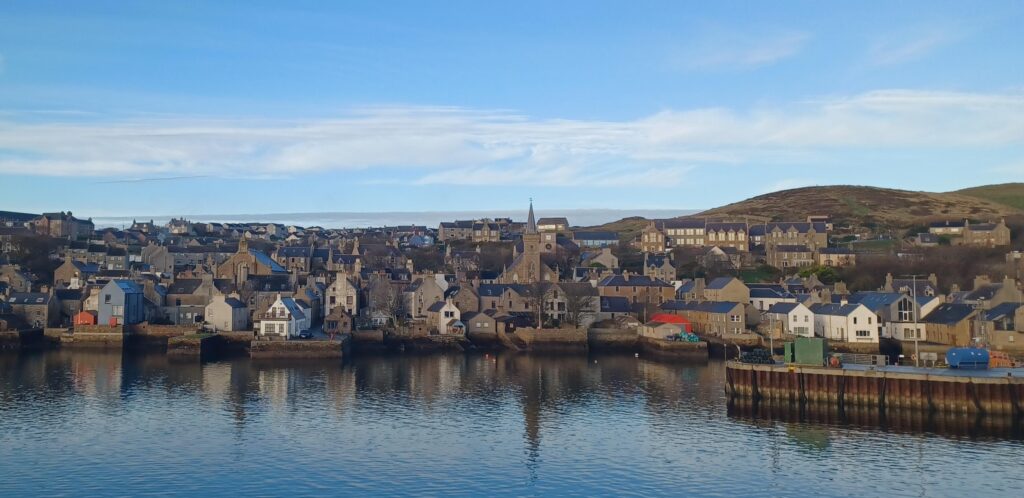
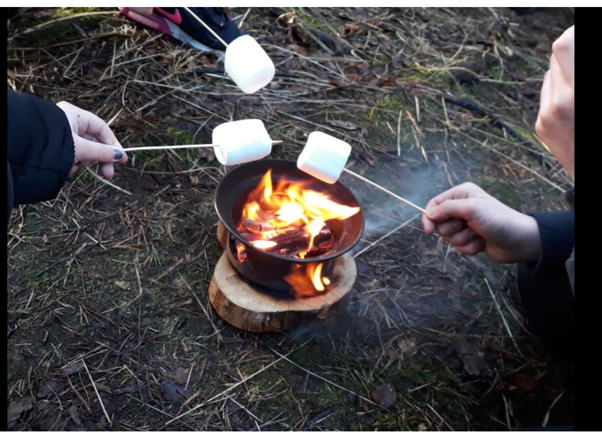
RestorYation Cairngorms: Enabling inclusivity in biodiversity narratives
Narratives underpin how we engage with the world, including shaping conservation and land management. This research uses audio-visual and interactive methods to articulate and empower marginalised narratives related to biodiversity.
FirEUrisk
This project is about dissecting risk to prevent extreme wildfires. It aims to improve strategies for tackling wildfires across Europe through creating evidence-based strategies which incorporate socio-economic circumstances with biophysical conditions.

Understanding land-managers, rural households and economic development
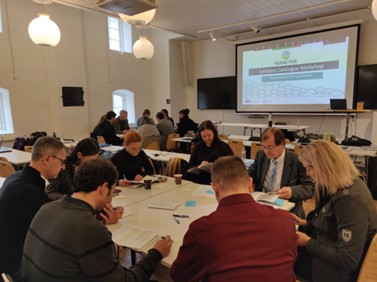
RURACTIVE: Empowering rural communities to act for change
RURACTIVE explores how to support the just and sustainable transition of rural areas in Europe through the development of innovative solutions in six rural development domains (agri-food system and ecosystems management, tourism, culture, mobility, energy transition, and local services, health and wellbeing) and by establishing and supporting multi-actor rural innovation ecosystems.
GRANULAR
Granular – Giving Rural Actors Novel Data and Re-Usable Tools to Lead Public Action in Rural Areas – aims to deliver a better understanding of the diversity of rural areas across Europe by producing novel datasets and indicators, which are co-created by and for rural actors and stakeholders.
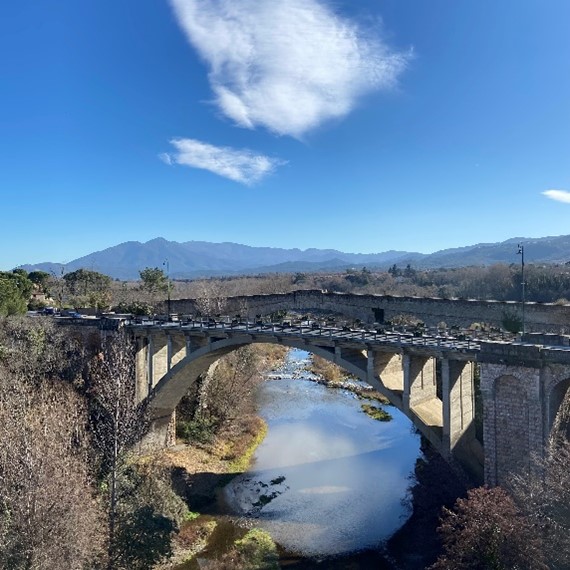
Stay connected with The James Hutton Institute research
You can stay connected with our science by following us on social media, our profiles are your gateway to the latest scientific breakthroughs, insights from our experts, and a closer look at how we’re addressing the world’s most pressing environmental and sustainability challenges. By following us, you’ll get real-time updates on our projects, events, and collaborations. Follow us on X, LinkedIn, Instagram and Facebook now.
